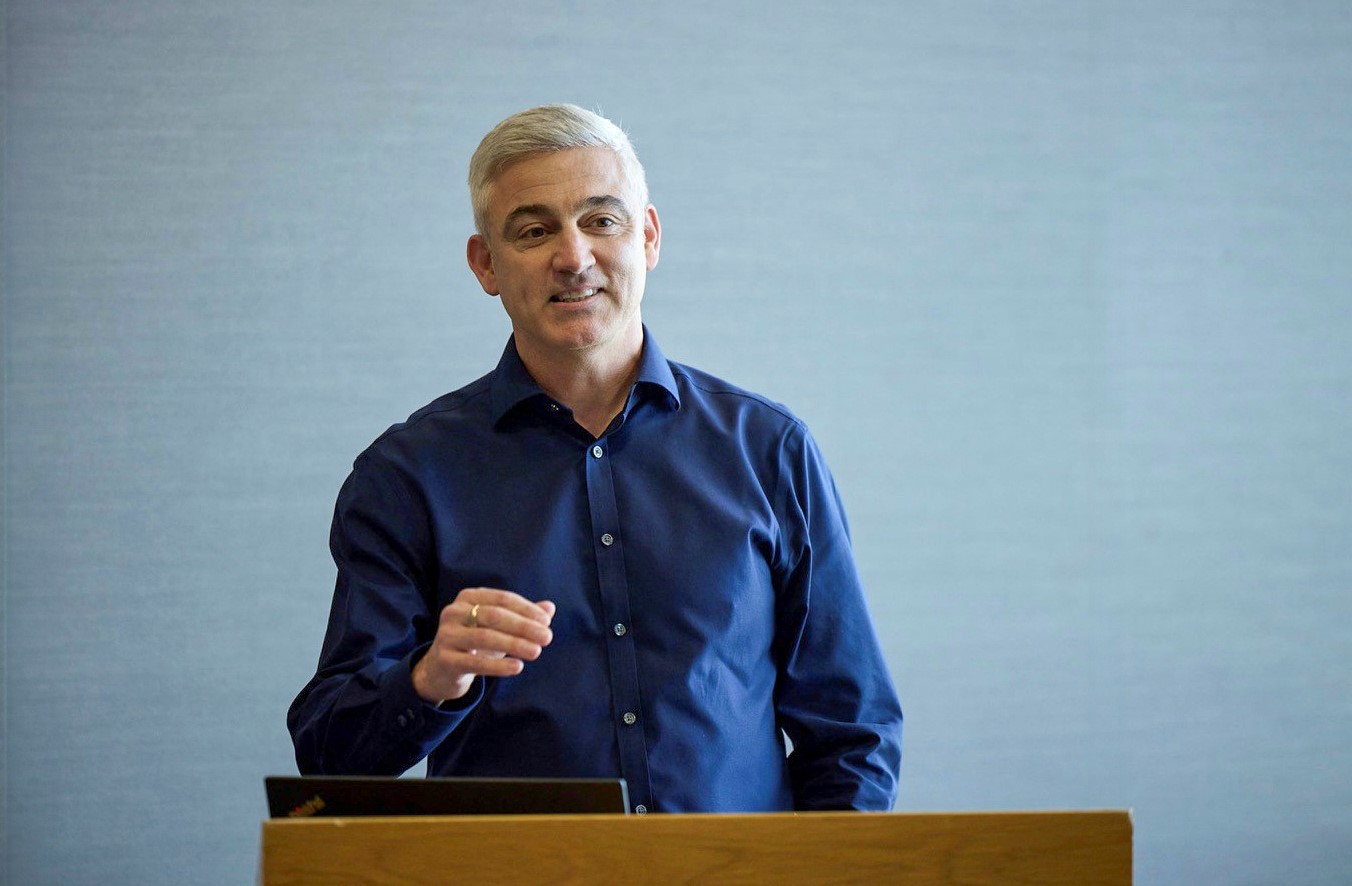Is a new dawn in financial advice coming? Why it pays to be ready

After 14 years of Conservative rule, we’re in the early months of a new Labour administration. Now, whatever your political persuasion, this change did bring with it a certain change in atmosphere. Is it a new dawn, a new day? Or will the chaos continue? Time will tell.
Time will tell on the future of the financial advice market too, although conversation and reading over the last 6 months have left me optimistic that we are indeed entering a new and exciting period for financial advice in the UK.
The advice market is at a crossroads. What is clear, just as the political spinsters worked so hard to persuade you of a couple of weeks back, is that change is needed. Ultimately, financial advice should be a force for good within society. At present it’s a force which reaches too few.
Let’s understand the numbers behind that statement. As recently as 2022, the FCA estimated that only 8% of the UK population have received financial advice in the last 12 months – just 4.1 million people. This number has risen slightly in recent years but remains shockingly low.
The outcome of this lack of coverage are plain to see. Protection remains undersold and under-loved by consumers, who prioritise other areas of spending. Many of whom remain in a precarious financial position, one which will bite if ill-health or early death strike. Families are reliant on risk not becoming reality.
Beyond protection there are also massive challenges to overcome. As we move through and past the baby boomer generation, it begins to crystallise that things might not be so good in retirement for the next generation. Whether Gen X or early Millennials, pensions will be a far greater challenge. With the exception of the public sector, final salary schemes have long since disappeared. Whilst auto-enrolment is a step forward, you could argue it was both too little and too late.
This challenge has been compounded by a lack of access to financial advice. For many, expert impartial advice is an aspiration they will be unable to make reality due to insufficient assets. Regulation and remuneration have led to polarisation of the advice market, which has in turn increased barriers to advice. Barriers that for many are insurmountable in the short term.
Is there another way?
The current advice model is prefaced on principle and indeed regulation which could be described as perfectionist. That the only advice is the ‘full-fat’ version, where an expert adviser gives a client dedicated, one-to-one attention via regular reviews and planning – either face to face or more increasingly, via video. The result? This type of advice is and will always be expensive both to deliver and receive which will likely continue to make it the domain of the few rather than the many.
So, it is with interest I’m watching the evolution of the debate around targeted support or simplified advice, which seems to be everywhere. Indeed, the topic has recently garnered debate in the red tops, with The Sun reporting that the FCA are planning to abandon ideas of simplified advice in favour of focus on targeted support.
Now, some of you may be reading and thinking this is simply a rehash of the long since failed robo-advice. But both targeted support and simplified advice, I believe, represent a huge opportunity – especially within the retirement sector – and there is one notable difference, or two letters, that truly make this an opportunity, AI.
AI has accelerated the ability for technology to learn, and in terms of financial advice, within a set of very carefully defined set of parameters, really provide an enabler and much greater confidence that automated, technology driven advice can become an ambition realised.
What’s needed?
As with everything, ambition takes work to become a reality. Let’s cover three of the most important hurdles to simplified advice below:
Ambition
First, we (the market) must be ready and willing to accept both the opportunity of a new advice and support regime and mitigate the risks that it will pose. Advice given in this manner may not be the optimal solution but the benefit of giving some advice to many more people outweighs the downside in my opinion. Pragmatic, low-cost guidance and advice given to many, is better than no advice given at all.
Engagement
For new guidance and advice models to have the impact they could, and arguably need to have, there is a real need to drive engagement. Consumers will need to know these simplified advice options exist. They will need to know and be clear on their scope and limitations. They will need to understand the benefits they will bring. The success of this engagement is down to many factors, but perhaps two come out front of mind.
First, is transparency. There will be many who feel uncomfortable being clear on the limitations of guidance or simplified over full advice. But it is akin to the difference between a self-catering and all-inclusive holiday. Both have value, but the experience is different. What is required of the consumer is different. That needs to be crystal clear.
Second, is place. For new guidance or advice models to be successful they need to be adopted where consumers already interact with their finances. That means online, but it also means with their primary financial services provider, in many cases – banks. A return to the advice sector for high street banks has the power to make or break a new dawn in the advice market. A new dawn that will open opportunities right across the market.
Efficiency
This is perhaps the least obvious of all success criteria, but maybe the most crucial of all.
For success, providers of targeted support or simplified advice need to ensure they deliver their service in a seamless, efficient manner. Not just because it is what their customers expect, but because new guidance and advice models will likely deliver lower margins. Indeed, there has already been speculation that advice businesses are struggling to see how simplified advice can be provided profitably. This doesn’t have to be fatal, but the industry will need to tackle inefficiency throughout the value chain to overcome this reality.
This means that investment in technology and process improvement can’t wait any longer. For many, legacy technology remains a drag on business. A drag which will need to be removed before the simplified reality even becomes an ambition.

























